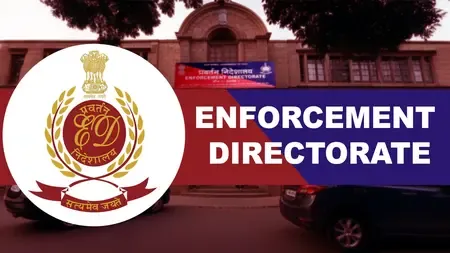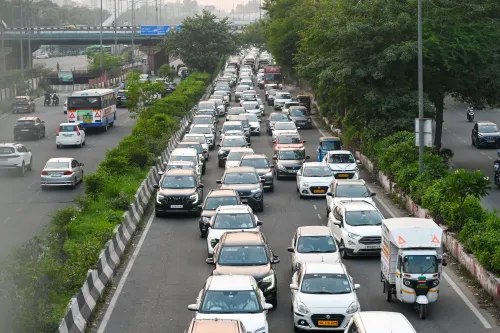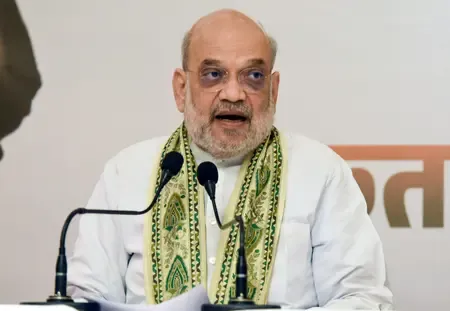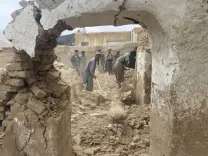Maharashtra Cabinet Approves Changes to Slum Rehabilitation Act
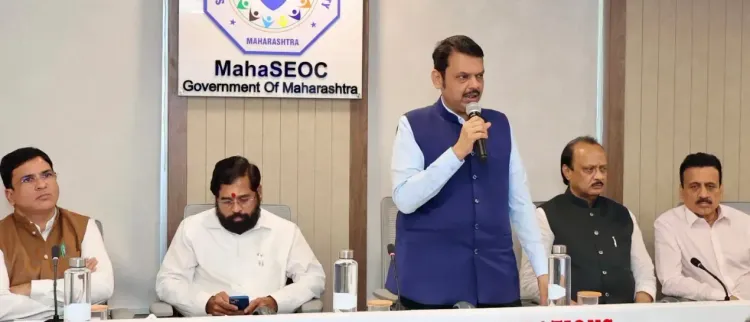
Synopsis
Key Takeaways
- Amendments reduce proposal submission time from 120 to 60 days.
- Failure to submit proposals will lead to land reassignment for redevelopment.
- Land leased for 30 years to partners within 30 days of intent issuance.
- Legal provisions for recovering rent arrears from developers.
- Expanded procedures for uncooperative slum dwellers.
Mumbai, April 8 (NationPress) The Maharashtra Cabinet, led by Chief Minister Devendra Fadnavis, has on Tuesday authorized amendments to the Maharashtra Slum Areas (Improvement, Clearance and Redevelopment) Act, 1971. This initiative aims to accelerate slum rehabilitation efforts in the state and work towards making Maharashtra slum-free.
As per the Cabinet's resolution, three key provisions of the Maharashtra Slum Areas (Improvement, Clearance and Redevelopment) Act, 1971 will undergo amendments.
Initially, after an area is declared a slum, the landowner, developer, or cooperative society was required to submit a rehabilitation proposal within 120 days. This timeframe will now be shortened to 60 days.
If the relevant parties fail to submit a proposal within this newly established 60-day period, the slum area will be reassigned to another authority for redevelopment. This change will be incorporated into Section 15(1).
Additionally, if the slum rehabilitation initiative in the Mumbai Metropolitan Region is being executed through a partnership involving government, semi-government corporations, authorities, or local bodies, the land will be made accessible to them on a 30-year lease within 30 days of the issuance of the letter of intent. This adjustment will facilitate obtaining loans and financial support from banks or financial institutions for the project's execution, as reflected in Section 15-A.
The procedures related to slum dwellers who do not voluntarily engage in slum rehabilitation schemes and projects are now being broadened under Section 33-A.
In slum rehabilitation projects, slum dwellers receive rent instead of moving to transit camps. However, developers often delay rent payments to slum dwellers, leading to accumulating arrears. A new Section 33-B will be added to establish a legal framework for recovering transit camp rent or other dues from developers, with rent arrears being collected as per the Revenue Act.
This Cabinet decision is significant as both Chief Minister Devendra Fadnavis and Deputy Chief Minister Eknath Shinde had assured the state legislature during the budget session that the Act would be modified to provide a necessary boost for the completion of slum rehabilitation projects, which have been stalled due to procedural, administrative, legal, and financial hurdles.
Members from both ruling and opposition parties have highlighted that slum residents are suffering as their wait for new homes continues to lengthen due to project delays.


